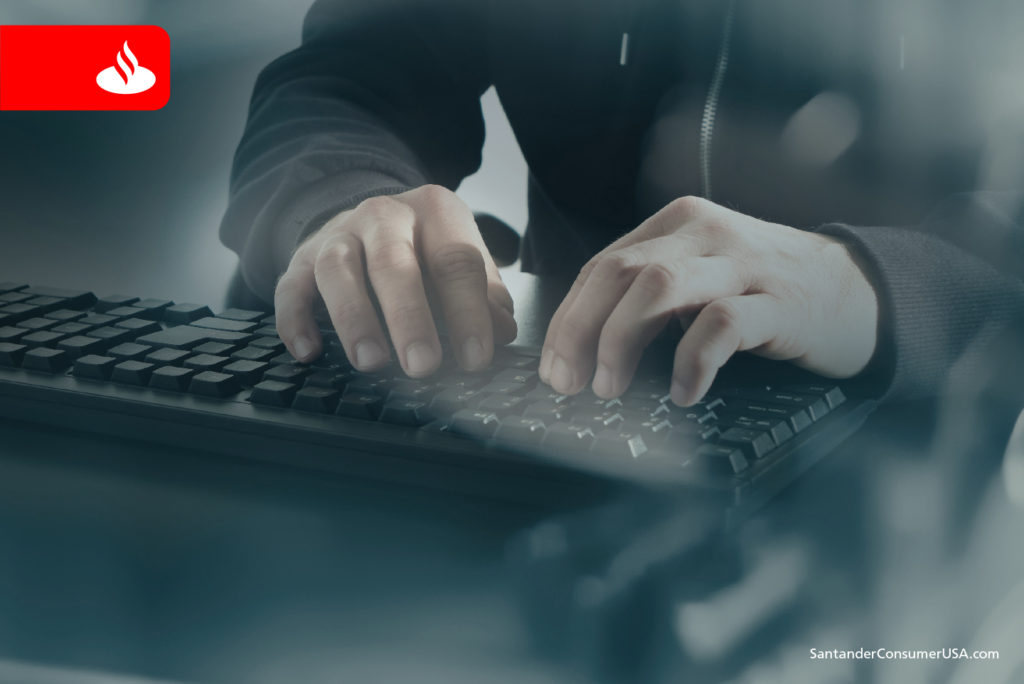As bad as you might think the Equifax credit bureau data theft was … think again.
It probably was worse than you imagined.
The credit bureau, one of the nation’s three major reporting agencies, reported that records of 143 million Americans were stolen – names, Social Security numbers, birth dates, addresses and, in some cases, driver’s license numbers.
In short, everything you need to go fill out an application with an auto lender for example.
That means more than half of Americans with credit bureau records are vulnerable to identity theft, Frank McKenna, chief strategist for fraud prevention consulting firm PointPredictive, told an auto industry news outlet. And that the effects of the breach could be felt for 10 years or more.
McKenna called the stolen data “the keys to the kingdom.”
Here are the steps the Federal Trade Commission (FTC) recommends for affected consumers:
- Check your credit reports from Equifax, Experian and TransUnion for free by visiting annualcreditreport.com. Accounts or activity you don’t recognize could indicate identity theft.
- Monitor your existing credit card and bank accounts closely for charges you don’t recognize.
- Consider placing a credit freeze on your files, which will make it harder for someone to open a new account in your name – though it won’t prevent a thief from using existing accounts.
- If you decide against requesting a credit freeze, consider placing a fraud alert on your files that will warn creditors that you may be an identity theft victim and that they should verify that anyone seeking credit in your name really is you.
- File your taxes early – as soon as you have tax information you need – before a scammer can, and respond right away to letters from the IRS. Tax identity theft happens when someone uses your Social Security number to get a tax refund or a job.
- Don’t believe anyone on the phone that threatens your arrest unless you pay for taxes or debt – even if they have part or all of your Social Security number or say they’re from the IRS.
- Consider whether you want to sign up for the free credit-monitoring services Equifax is offering.
“We recommend that consumers be vigilant in reviewing their account statements and credit reports, and that they immediately report any unauthorized activity to their financial institutions,” said Equifax.
Equifax has provided a tool at www.equifaxsecurity2017.com to determine if your information potentially was affected by clicking on “Potential Impact” and following instructions from there.
Regardless of the result you get – that is, whether or not your data was stolen in this case – the Equifax breach underscores the importance of tracking your accounts and credit report.
The tools exist to do that, and it requires your time and effort, but the alternative can be more costly.



